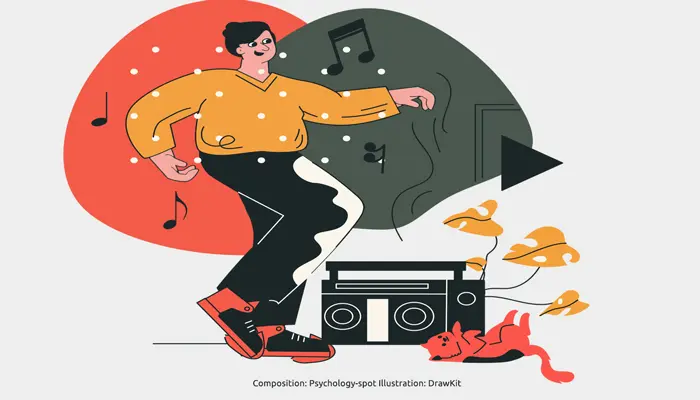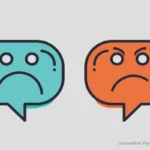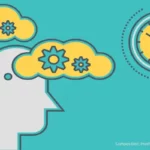
“Without music, life would be a mistake”, said Nietzsche, and he wasn’t entirely wrong because we have a natural instinct that leads us to follow the rhythm of the music. In fact, most children move and clap their hands when they hear a song they like. It is a spontaneous response related to our need to communicate and express our emotions through the movement and the body.
There is no doubt that music is a universal language and everyone, except the people who suffer from amusia, is able to appreciate and enjoy it. In fact, it was discovered that people of different cultures react emotionally in the same way when listening to different types of music. So, it is no coincidence that anthropological studies indicate that groups who were more likely to survive were those who had developed a particular dance and were able to share their feelings dancing.
Of course, music and dance not only serve as social glue, but are also very useful for our physical and mental health. Recent studies revealed that one of the keys to happiness and satisfaction is right on the dance floor.
Steps that heal, movements that make us happy
In 2013, psychologists at the University of Örebro realized an experiment with a group of teenagers who suffered from anxiety, depression and stress, in addition to presenting psychosomatic symptoms such as neck and back pain. Half of these were asked to attend two dance classes a week, while the rest continued with their daily routine.
After two years, those who continued to attend the dance classes (where emphasis was on the pleasure of the movement rather than performance), not only showed a significant improvement in psychosomatic symptoms, but also reported to feel happier.
In another study conducted at the University of Derby, the psychologists worked with people who were suffering from depression. These people received “salsa” lessons for a period of nine weeks. The improvements began to be appreciated after four weeks and, after finishing the course, the participants said they had fewer negative thoughts, better concentration and a greater sense of peace and tranquility.
But the truth is that dance is not only an excellent therapeutic resource. A study at Deakin University revealed that dance has a very positive effect on our daily lives. These Australian researchers interviewed 1,000 people and found that often those who were dancing not only reported feeling happier, but also more satisfied with their lives, especially in relationships, health, and the goals achieved over the years.
Interestingly, also the psychologists at the University of New York discovered a similar effect in children. These researchers worked with 120 children, aged 2 to 5 years old, who were exposed to different types of sound stimuli, some were rhythmic and imitated the rhythm of the music, others were completely arrhythmic. They could appreciate that children who were moving following the rhythmic movements showed more positive emotions and felt happier. Therefore, these researchers concluded that not only we have a tendency to move to the beat of the music, but also that dancing improves our mood.
Why dancing makes us happy?
When we dance our brain releases endorphins, hormones which can trigger neurotransmitters that create a feeling of comfort, relaxation, fun and power. Music and dance do not only activate the sensory and motor circuits of our brain, but also the pleasure centers.
Indeed, neuroscientists at Columbia University say that when we move in tune with the rhythm, the positive effects of music are amplified. Therefore, a little secret to make the most of the music is to synchronize our movements with the beat, so we will be doubling the pleasure.
However, the magic of dancing can not simply be reduced to brain chemistry. Dancing is also a social activity that allows us connect with the others, share experiences and meet new people, which has a very positive effect on our mental health.
What’s more, as we move, our muscles relax to the music, which allows us to free ourselves of the tension built up during the day, especially the one accumulated in the deepest part of the musculature.
Sources:
Duberg, A. et. Al. (2013) Influencing Self-rated Health Among Adolescent Girls With Dance Intervention A Randomized Controlled Trial. Arch Pediatr Adolesc Med.; 167(1): 27-31.
Zentner, M. & Eerola, T. (2010) Rhythmic engagement with music in infancy. PNAS; 107(13): 5768-5773.
Birks, M. et. Al. (2007) The benefits of salsa classes for people with depression. Nursing Times; 103(10): 32-33.
Lesté, A. & Rust, J. (1984) Effects of dance on anxiety. Percept Mot Skills; 58(3): 767-772.



